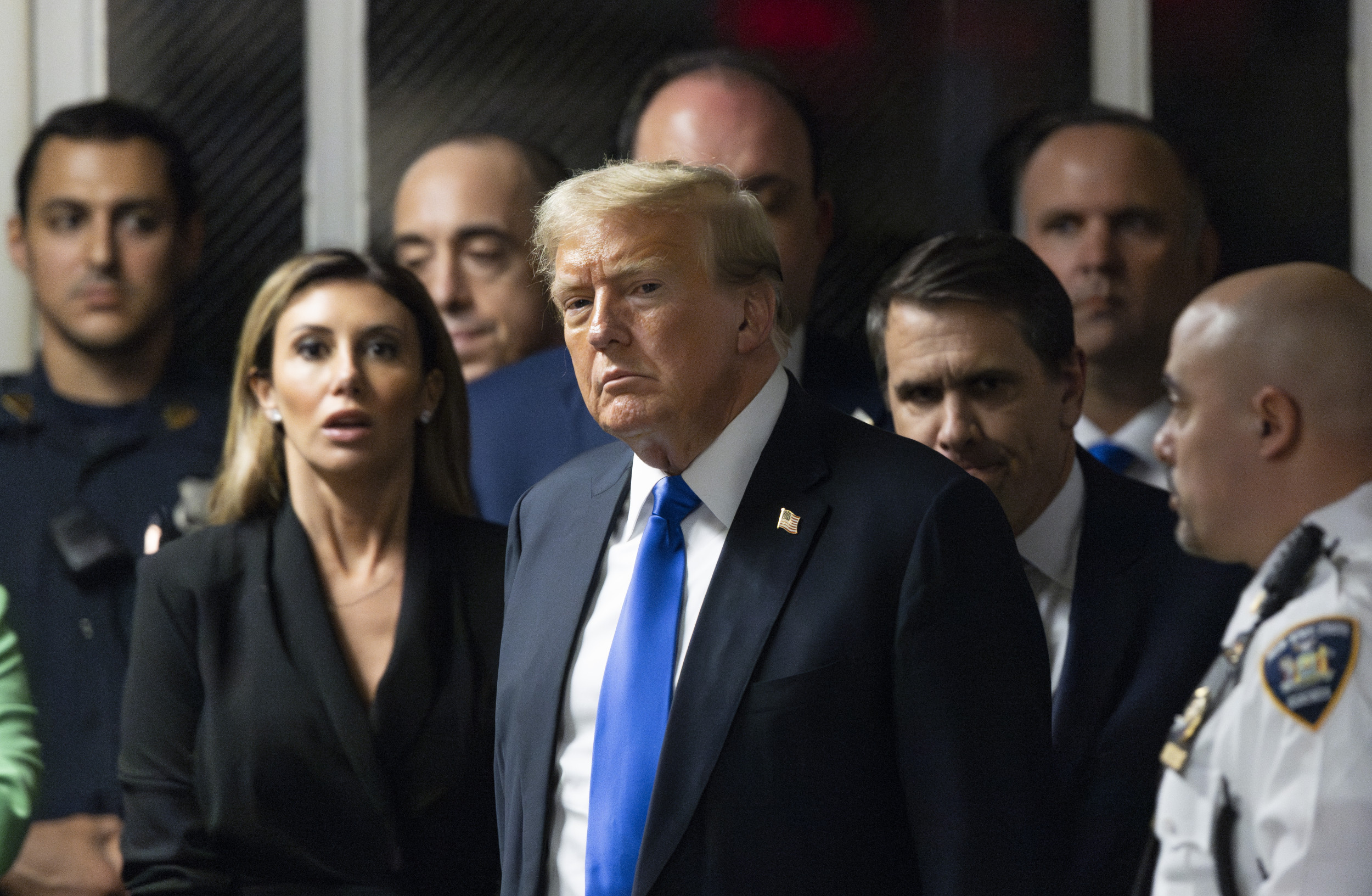
Several big-city mayors decided to ditch a planned White House meeting Wednesday hours after the Justice Department threatened to subpoena 23 "sanctuary" areas across the country if they refuse to turn over documents detailing their cooperation with federal immigration authorities.
In the letters addressed to officials in the cities, counties and states, the Justice Department demanded "any orders, directives, instruction or guidance" issued to "law enforcement employees" regarding their relationship with immigration agencies under the Department of Homeland Security.
"I continue to urge all jurisdictions under review to reconsider policies that place the safety of their communities and their residents at risk," Attorney General Jeff Sessions said in a written statement. "Protecting criminal aliens from federal immigration authorities defies common sense and undermines the rule of law."
In response, mayors including New York's Bill de Blasio and New Orleans's Mitch Landrieu, who is president of the U.S. Conference of Mayors, said they will not attend a Wednesday White House discussion about infrastructure policies.
"Many mayors of both parties were looking forward to visiting the White House today to speak about infrastructure and other issues of pressing importance to the 82 percent of Americans who call cities home. Unfortunately, the Trump administration's decision to threaten mayors and demonize immigrants yet again—and use cities as political props in the process—has made this meeting untenable," Landrieu said in a statement.
De Blasio also lambasted the Justice Department for deciding to "renew their racist assault on our immigrant communities."
The 23 jurisdictions targeted by Sessions included Chicago, New York, Denver and Los Angeles and the states of Illinois, Oregon and California. Wednesday's letters come nine months after the Trump administration warned sanctuary cities they may lose law enforcement grant money if they refuse to fully cooperate with immigration agencies.

The threat of a subpoena is an escalation in Sessions's quest to see cities and states cease their sanctuary policies in favor of more cooperation between local law enforcement and immigration agents.
Sanctuary policies limit the extent to which law enforcement and other city and state employees cooperate with operations carried out by Immigration and Customs Enforcement and Customs and Border Protection to catch undocumented immigrants. Regions that enact sanctuary policies say they are necessary to encourage good and open relationships between immigrants and local law enforcement.
Local officials also argue that sanctuary policies are protected under the 10th Amendment, which grants cities and states the authority to enact laws and regulations not delegated to the federal government by the Constitution. Sanctuary advocates argue that the amendment prevents the federal government from coercing cities and states to enforce federal immigration law and does not have the authority to make local governments collect immigration status information to share it with the federal government.
The Trump administration disagrees with both assertions, arguing that sanctuary cities "harbor" criminals and defy U.S. Code 1373, which prohibits local governments from restricting "any government entity or official from sending to, or receiving from, the Immigration and Naturalization Service information regarding the citizenship or immigration status, lawful or unlawful, of any individual."
Wednesday's announcement comes a week after Department of Homeland Security Secretary Kirstjen Nielsen said the Justice Department is considering subjecting state and local officials in sanctuary jurisdictions to criminal charges.
The Trump administration has unsuccessfully attempted to rescind federal funds from sanctuary cities since last January.
In September, a federal judge in Chicago issued a preliminary injunction to block the Justice Department from denying grant money to sanctuary cities. Two months later, a federal judge in San Francisco issued an injunction to permanently block President Donald Trump's executive order denying funds.
"The Constitution vests the spending powers in Congress, not the President, so the Executive Order cannot constitutionally place new conditions on federal funds," U.S. District Judge William H. Orrick wrote in his opinion. "Federal funding that bears no meaningful relationship to immigration enforcement cannot be threatened merely because a jurisdiction chooses an immigration enforcement strategy of which the President disapproves."

Sessions's threat also comes as Congress deliberates the future of the Deferred Action for Childhood Arrivals (DACA) program. Republicans have said they will not reinstate the program if border enforcement measures are not part of the deal. Democrats have balked at the offer, charging the GOP with using the lives of young immigrants as "bargaining chips."
The Trump administration said Wednesday that it will release a "legislative framework" next week that includes four immigration provisions that it hopes the Senate will bring to a vote. The framework includes funding for a wall along the U.S.-Mexico border, curtailing family-reunification policies, ending the diversity visa lottery and "providing a permanent solution on DACA," the White House said.
Uncommon Knowledge
Newsweek is committed to challenging conventional wisdom and finding connections in the search for common ground.
Newsweek is committed to challenging conventional wisdom and finding connections in the search for common ground.
About the writer
Carlos Ballesteros is a staff writer born and raised on the Southwest Side of Chicago. You can reach him at c.ballesteros@newsweekgroup.com





